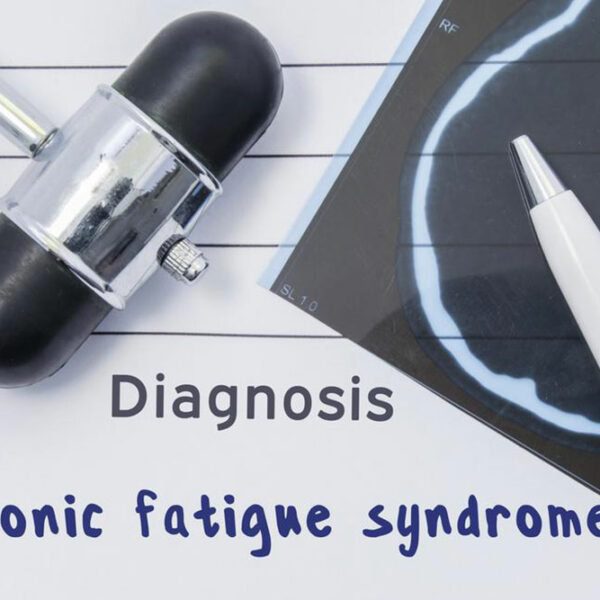
Causes and symptoms of chronic fatigue
Chronic fatigue is a type of a disorder that causes extreme fatigue. It is that kind of fatigue that does not go away even after the person takes rest. It is called chronic because it lasts for a longer time and affects the ability to perform daily activities. It is also referred to as myalgic encephalomyelitis (ME) or systemic exertion intolerance disease (SEID). Chronic fatigue syndrome has been a controversial syndrome in that past, but is now widely accepted as a medical syndrome. Though it can affect anyone, it usually is seen among women in their 40’s and 50’s. Causes of Chronic fatigue The root causes of chronic fatigue are still not known but, several medical research have concluded that viruses, an overall weakened immune system due to an underlying medical condition, and hormonal imbalance could lead to chronic fatigue. Some people experience genetically predisposed Chronic fatigue syndrome. Chronic fatigue syndrome can develop after any type of viral infection. There is no single virus that causes chronic fatigue. Most common viral infections that have known to cause chronic fatigue syndrome are RRV (Ross River virus), Rubella, Human Herpesvirus 6, EBV (Epstein Barr virus). Some bacterial infection such as coxiella burnetiid, and mycoplasma have also been found to be related to chronic fatigue syndrome.
